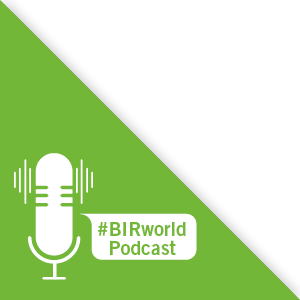As reported in the previous Mirror, the recently-signed Regional Comprehensive Economic Partnership (RCEP) trade agreement with the 10 member states of the ASEAN block and five of their free-trade partners (Australia, China, Japan, New Zealand and South Korea) promises to be the world’s largest free-trade agreement and an enormous economic boost for the entire region. While this pact awaits ratification by at least six ASEAN and three non-ASEAN members before entering into force, the signing of the RCEP sends a positive signal to the markets, clearly raising hopes for the region’s post-pandemic economic future.
In China, the only major country to see its economy expand rather than contract, the reclassifications affecting non-ferrous imports have taken full effect, creating quite a large problem for importers and foreign exporters wanting to gain access to China’s enormous market. While dealing with these stricter standards, it has been very difficult for many importers to negotiate with customs officials; there have been many issues with containers being held at the destination port awaiting inspection. This situation has created more opportunities for South East Asian scrap processors: given the close proximity and shortened transit times to China, processors in the region are treating nearly all grades of copper, aluminium, brass and stainless steel for the China market.
Many scrap recycling businesses operating within South East Asia have already established themselves as major non-ferrous scrap consumers. When combining this with the RCEP, China’s rapid economic rebound and the beginnings of a metals-based commodity bull market, the non-ferrous scrap industry in South East Asia clearly has much to look forward to in 2021.

Darrell Wong
Liberty Iron & Metal, Inc. (USA), Board Member of the BIR Non-Ferrous Metals Division
Country
 South East Asia
South East Asia
